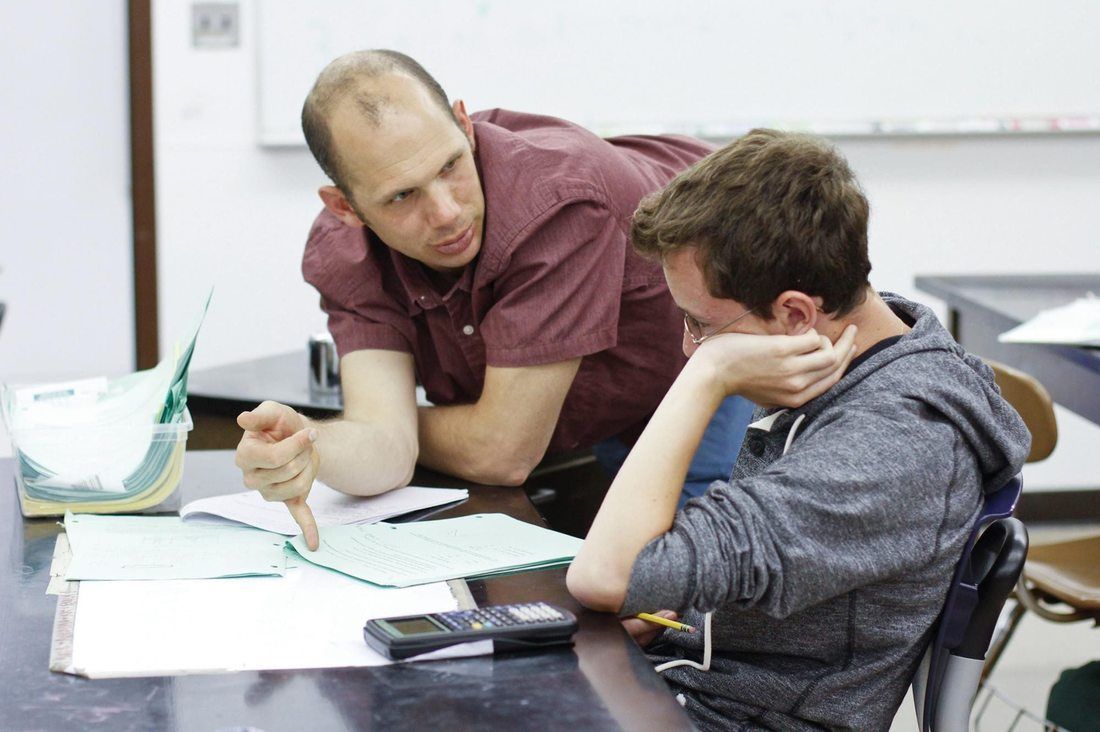|
|
|
1. Use a Learning Cycle Template. (click here for an example) Lesson planning can be an empowering, but also arduous process. New teachers often fall into the trap (as did I) of lesson planning day by day, often losing site of the lesson's big picture. In my recent book, Spark Learning: 3 Keys to Empowering the Power of Student Curiosity, I note the serendipitous connection between the 5E Inquiry Learning Cycle, and then traditional cycle of the Hero's Journey as outlined by Joseph Campbell. The above template, designed with the 5E/Hero's Journey connection in mind, can help streamline and empower the lesson design process by providing a more holistic approach, empowering us to lesson plan in chunks, with a focus on student curiosity, and leveraging lecture as a responsive, rather than directive tool. The template also provides a structured space to outline necessary tech interventions at each step, promoting pedagogy, before technology. 2. Leverage a Google Slide Template to Collect Student Work (click here for an example). As a science teacher, collecting, curating and grading student work during and after various class activities (labs, projects, etc.) can be a complicated process. Over the years I have tinkered with using paper notebooks, type written lab reports and a myriad of tech interventions to empower this process (Evernote, Google Docs, Google Science Journal, etc) . Each method has had its benefits and drawbacks, ultimately simplifying some steps in the process, but overcomplicating others for students. Although not as aesthetically appealing or as "innovative" on first glance, Google Slides allows for easy text editing, photo inclusion, table production, and video embedding, four features that are essential to student documentation of work. Moreover, upon conclusion of the year, students can then embed each presentation in a Google Site, creating a very simple, self-curated portfolio of work. 3. Teach from a Website (click here for an "in progress" example). Much like the the collection of student work noted above, many different options for structuring how the information is presented to students in class exists. I have tinkered with teaching from slide decks (PowerPoint, Keynote, Google Slides, etc.), printing handouts (my least favorite), and the every popular, "just winging it", method that I embraced for my entire first year of teaching. As is evident from this blog post, I value simplifying the process for myself and students. Keeping this mind, I have transitioned to a system where unit plans are transported from my template (see #1 above), to a website. By using a website for class "presentation", teaching can be done using any device with internet access, and in a one-to-one environment Google Documents can be linked with various tasks and information, but sharing permissions can be altered to promote the gradual release of content that inquiry learning values. If you found the information in this blog post useful to your practice, I invite you to learn more about becoming a site member! Launching on July 15th, site subscription include, but is not limited to, monthly distributions of detailed online video courses, lesson plans, and access to video webinars all exploring the world of curiosity, inquiry and technology in the classroom.
Comments are closed.
|
Categories
All
Archives
March 2024
|

 RSS Feed
RSS Feed